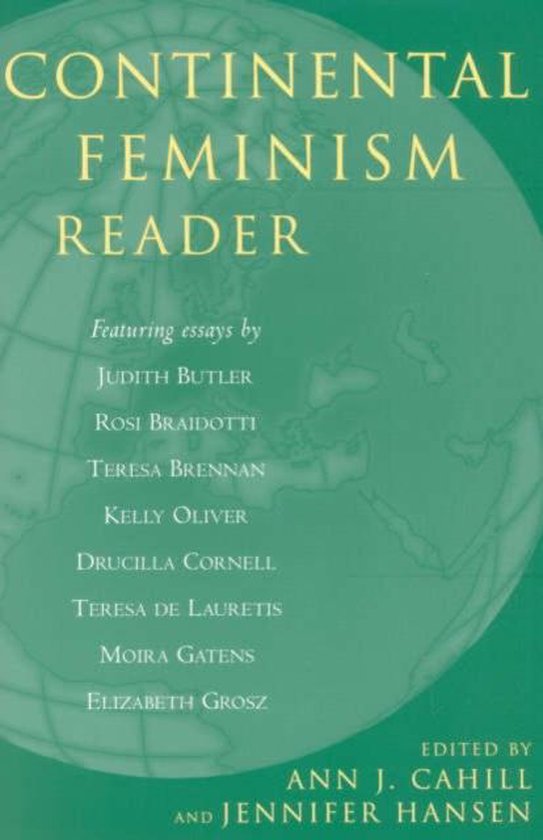If you like reading about philosophy, here’s a free, weekly newsletter with articles just like this one: Send it to me!

Thomas Hobbes (1588–1679) is on that list of thinkers and writers about whom many have a lot of opinions. The problem is, few seem to read these thinkers.
On that list I would place Karl Marx, Friedrich Nietzsche, Thomas Hobbes, and (the living) Noam Chomsky. It is as though there are two of each thinker: the one people talk about, and the one whose work is in print. At the top of the list, I would argue, is Karl Marx. It is rare, even when in the company of academics and intellectuals, to hear someone describe his work accurately. In addition to not reading these thinkers, there is commonly attached to each writer a go-to quote. Like Adam Smith’s “invisible hand” concept or his “truck, barter, and exchange” quote. One gets tired of seeing these quotes. They are overused, misused, and distort what the thinker was saying. For Hobbes, it is the “nasty, brutish, and short” line. This snippet is in all the textbooks. It gets trotted out to demonstrate that Hobbes thinks this is what life in the state of nature is like. And that is not correct, as we will see.
The problem is that these quotes become substitutes for reading the book.
Citing Adam Smith’s “invisible hand” concept means we don’t have to read the Wealth of Nations, which is a thousand pages and says absolutely devastating things about mercantilism — his actual subject, not capitalism.
When you see a quote get used to death, something is usually amiss. The thinker’s work is generally being distorted, and by someone who has not attended to the text. I suspect many economics professors gushing and swooning about Smith’s “invisible hand” have not read Smith. And when I started to look more closely at Hobbes’s thought, I started to see a similar ignorance: the repeated pitting of Hobbes against Jean-Jacques Rousseau.
Hobbes, the thinking goes, says we’re all terrible, and Rousseau casts humanity in a warmer light (which he does), but that does not make Hobbes the Grim Reaper. So, the whole Hobbes-versus-Rousseau trope does disservice to Hobbes. Writers should actually read Hobbes’s masterwork Leviathan, and I don’t get the feeling they are doing so. I am interested in Hobbes, as I am interested in the philosophy of human nature; and seeing as though Hobbes usually represents the people-are-evil position, …
Read the full article which is published on Daily Philosophy (external link)






